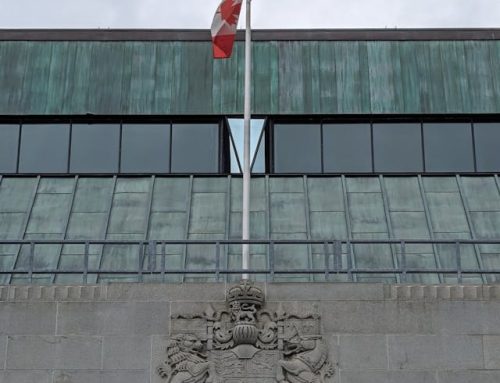Taxpayer Relief Applications can be Tricky
Martel v. Canada
This is a very interesting decision from the Federal Court of Canada. It involves the required degree of precision when seeking interest relief from the Minister, and how an earlier basis for relief that does not appear in a subsequent request can then be disregarded by the Minister.
Background
In 1997, the Applicant and his wife invested in Medi-Call Limited Partnership (Medi-Call). The Applicant then claimed losses and other expenses in respect of the Medi-Call investment in his 1997, 1998 and 1999 tax returns. The Applicant’s returns for the three years were reassessed in 2002 to disallow the claims for partnership losses and carrying charges. Interest accrued until the balances owing by the Applicant were paid in 2016.
The Applicant did file Notices of Objection to the 2002 reassessments. The objection was held in abeyance pending the resolution of a test case regarding Medi-Call LP in the Tax Court. The Applicant accepted the Minister’s proposal to settle in 2014. The Minister granted interest relief to the Applicant for two discrete periods. The Applicant made three requests for interest relief pursuant to subsection 220(3.1) of the ITA.
The Three Requests
First Request: On December 31, 2015, the Applicant submitted a request for waiver of all interest charges, on the basis that not all investors in Medi-Call had been reassessed and the CRA delay in resolving the Applicant’s objections was undue. The request was partially granted.
Second Request: On September 1, 2016, a second request for interest relief was submitted for waiver of all interest on the basis that other investors in Medi-Call LP had not been reassessed. Note, this basis for interest relief was now raised for the second time. The second request was denied.
Third Request: The third request for interest relief was made on behalf of certain investors in Medi-Call. The letter set out in detail a series of alleged delays in the CRA reassessment and appeal processes and requested interest relief in respect of the periods itemized. This request was denied and was the subject of this judicial review.
Position of Parties
The Applicant’s position was that the decision was unfair because only 27 percent of the investors in Medi-Call were reassessed by the CRA, and that the CRA should have audited either all or none of the investors. The Respondent’s position was that the decision was reasonable, mainly because the allegation of differential audit treatment by the CRA of other investors in Medi-Call was not part of the Applicant’s third request for interest relief (it was part of the first two though).
Decision
The Court found that the decision was reasonable. The COurt also found that the decision maker committed no error by not relying on bases for interest relief raised in the first and second requests but not the third:
The Respondent correctly submits that the Applicant cannot now argue that the Decision was unreasonable because Ms. Martel failed to address the alleged unequal treatment of the investors at the audit stage. She did not err in omitting to take this argument into account; rather, the argument was not before her. This issue was raised in the Applicant’s second request for relief and was addressed by the Minister in the November 7, 2016 refusal of that request. If the Applicant wished to pursue the issue once more, the onus was on him to raise it in the Third Request Letter.[1]
This raises an interesting question as to whether there can be any carry-over between the customary first and second level requests. The findings in this decision would not allow for it. If a specific basis is relied on at each step, it is necessary to raise those grounds at each request level.
We file taxpayer relief applications for our Clients. Call Today (905) 336-8924.
[1] Martel v. Canada 2019 FC 840, at para. 33.



